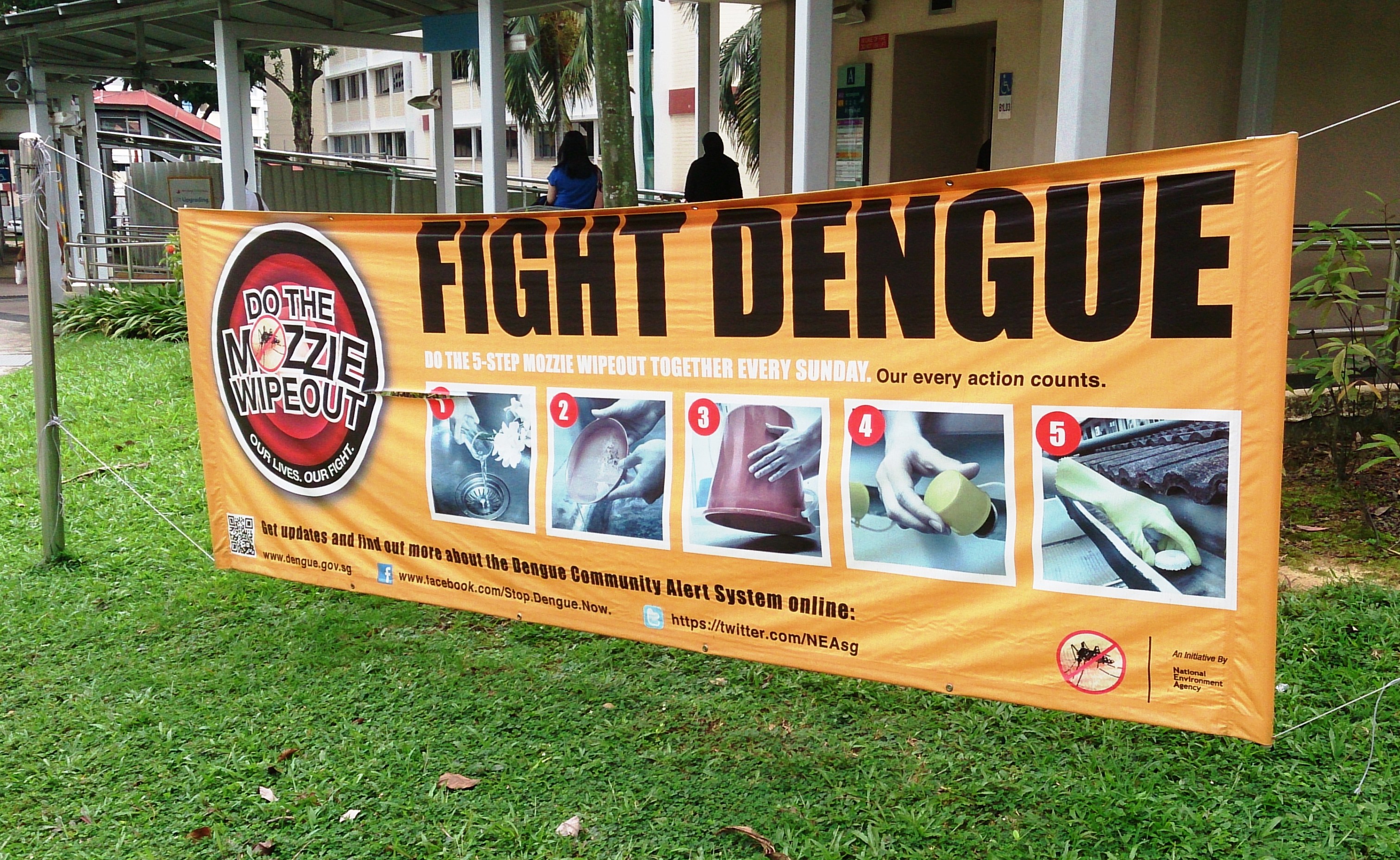India's New Disease Threats You Did Not Know About
India seems to have had some success with containing malaria though it's still the biggest killer. But the country's public health system is facing fresh challenges now: new and deadly forms of vector-borne diseases like dengue and Japanese Encephalitis (JE). Dengue cases have more than doubled between 2010 and 2013 with a 38% increase in the number of deaths. Japanese encephalitis (JE) has also seen a 73% rise in the number of cases over the same period and a 68% increase in the number of deaths.
Vector-borne disease is the term commonly used to describe an illness caused by an infectious microbe or vector and transmitted to people by blood-sucking arthropods like mosquitoes, fleas, lice, biting flies and bugs.
In line with the rising trend of vector-borne diseases across the world, the World Health Organization (WHO), which celebrated World Health Day on 7th April 2014, even came up with a tag line for this year: Small Bite, Big Threat.The idea is to attract attention to the alarming occurrence of vector-borne diseasesand step up efforts to work together and prevent these diseases.
The following table shows the deaths and cases recorded under the National Vector-Borne Disease Control Programme (NVBDCP). The six vector-borne diseases covered include malaria, dengue, chikungunya, Japanese Encephalitis (JE), Kala Azar and Filaria.
IT can be seen from the table above that malaria is the biggest killer with 285 deaths in 2013. Malaria also has the highest number of cases registered across the country but cases have registered a fall of 56% from 2010 to 2013.
Dengue, on the other hand, has seen more than twice the increase in the number of cases and also a 38% increase in the number of deaths. Japanese encephalitis (JE) has also seen a 73% rise in the number of cases over the same period and a 68% increase in the number of deaths.
Let us now look at the state-wise picture of fatalities. Maharashtra recorded the highest number of deaths (58) due to malaria in 2013 followed by Odisha (55). Dengue fatalitieshavealso increased in Maharashtra with 35 deaths followed by Kerala with 24 fatalities.
Assam registered the maximum deaths (129) due to JE followed by Uttar Pradesh with 45 casualties.The cases of death due to Kala Azar are on the decline but the highest numbers were recorded in Bihar with 14 and West Bengal with 2 fatalities.
Financial assistance is provided by the central Government to states/UTs for prevention and control of vector-borne diseases and procurement of drugs, diagnostic kits, insecticides etc. Here are the details of the funds released and utilised under the scheme from 2010 to 2013:
It can be seen from the table that the overall utilisation of funds for all the years has been around 88%. The fund utilisation was more than 100% in the year 2012 while it was only 59% in 2013.
So, how have states that reported high casualties spent the money allocated under the programme between 2010 and 2013?
Maharashtra, which has reported the highest deaths due to malaria and dengue, has a fund utilisation of only 68%over the last four years.
An interesting observation is that most states that have reported deaths due to one or multiple diseases have very good fund utilisation over the years; yet they have deaths under various vector-borne diseases.
So, it seems there is a need to look at the way these programmes are designed. And there is a need to concentrate on other diseases like JE and dengue, which are actually more fatal and are increasing in numbers.
The Government has decided to introduce fresh measures under National Vector-Borne Disease Control Programme like National Programme for prevention and control of JE/AES, introduction of bivalent rapid diagnostic kit and new artimisinin combination therapy for malaria.
A vaccination drive against JE has been completed in 130 districts, and is on-going in 15 districts across 16 states. In addition, there is a plan to cover another 32 districts in the next financial year. Further, the Government of India has now introduced two doses of JE under routine immunisation of children with the first dose at 9-12 months and the second dose at 16-24 months.



